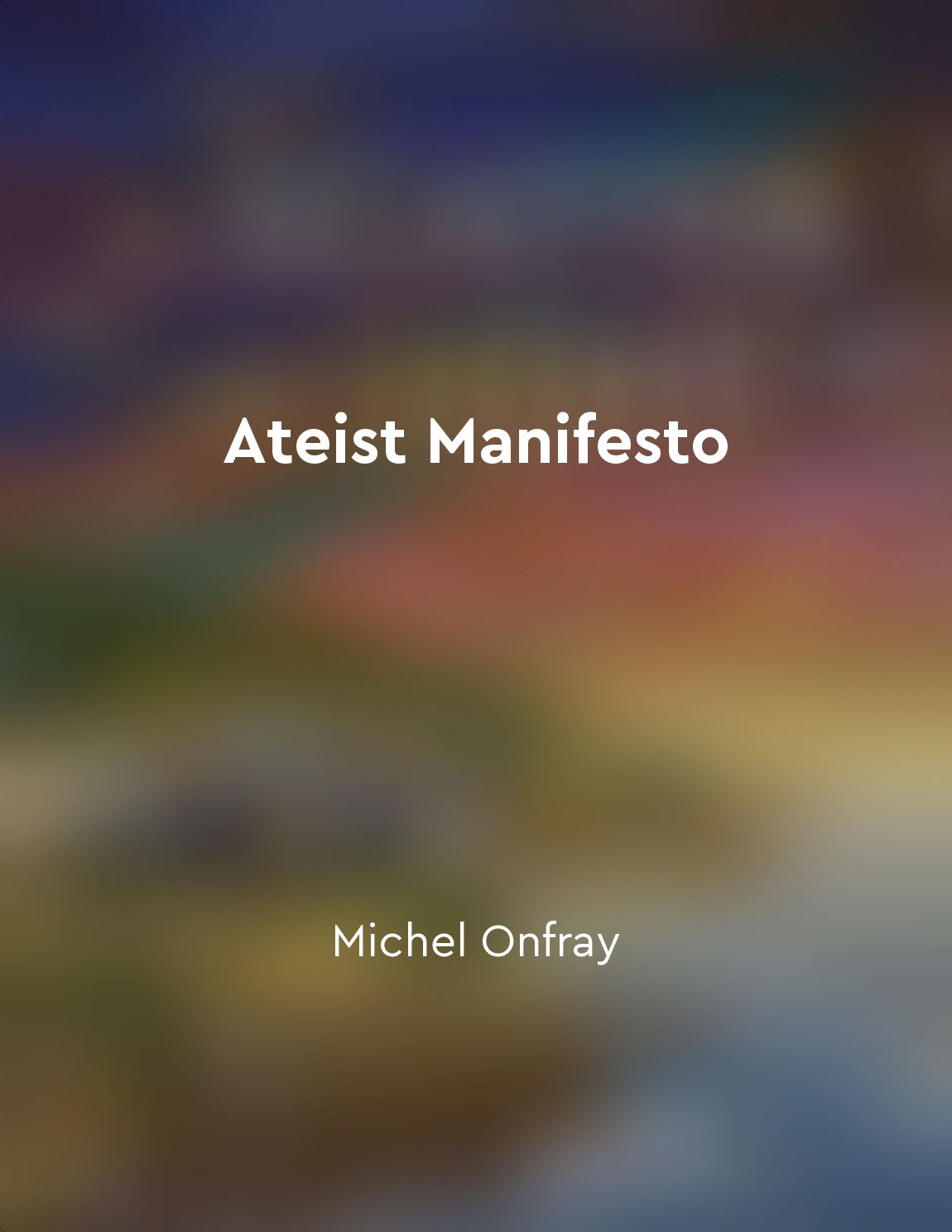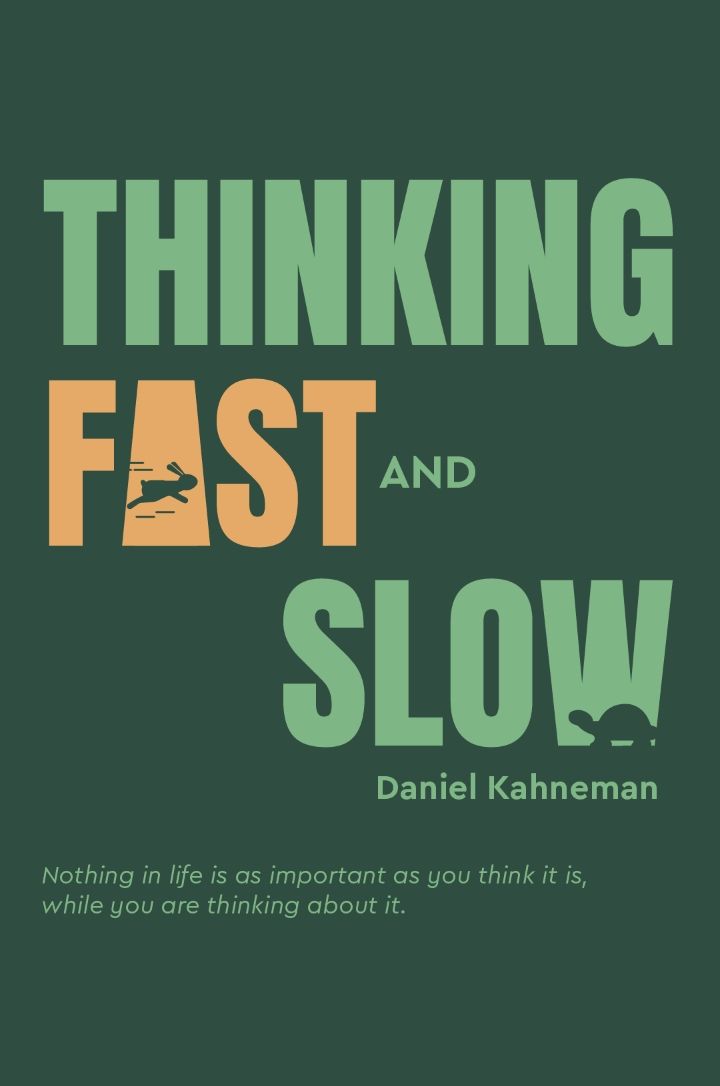Audio available in app
Overestimating causal influences leads to superstitions from "summary" of Thinking, Fast and Slow by Daniel Kahneman
The human mind is a pattern-seeking machine, constantly searching for causal relationships in the world around us. When events happen in close succession, our minds quickly jump to the conclusion that one event caused the other. This tendency to overestimate causal influences can lead us down the path of superstition. Superstitions are born out of our innate need to make sense of the world and exert a sense of control over our lives. When we believe that certain actions or rituals can influence future events, we are falling into the trap of overestimating causal connections. This can lead to the development of irrational beliefs that have no basis in reality. In reality, many events in our lives are simply due to chance or random coincidence. However, our minds are wired to see patterns even where none exist. This cognitive bias can lead us to create superstitions based on false causal relationships. For example, if a student wears a lucky shirt to an exam and performs well, they may attribute their success to the shirt rather than their own hard work and preparation. This overestimation of the shirt's influence can lead to the development of a superstition that wearing the shirt will always bring good luck. It is essential to be aware of our tendency to overestimate causal influences and resist the temptation to ascribe meaning where there is none. By acknowledging the role of chance and randomness in our lives, we can avoid falling into the trap of superstition and make more rational decisions based on evidence and logic.Similar Posts

Positivity breeds productivity
The power of positivity is evident in its ability to generate productivity in one's life. When one maintains a positive mindset...
Embrace fear with compassion
Fear is a strong emotion that can cause us a great deal of suffering. When we experience fear, our instinct is often to push it...
The future belongs to secular humanism, not religious dogma
The future belongs to secular humanism, not religious dogma. Secular humanism is a philosophy that emphasizes reason, ethics, a...
Meaning is constructed
Meaning is not something inherent in objects or words. It is not a fixed entity that exists independently of human perception a...

Embrace uncertainty as an opportunity for growth
Uncertainty is a fundamental aspect of life. It is a feeling that can be uncomfortable and sometimes even frightening. However,...
Cultivate a sense of inner peace and contentment
The idea of finding inner peace and contentment is a crucial concept that is discussed in "Conversations with God - Book 3". Th...
Skepticism is necessary for intellectual honesty
In examining the nature of human understanding, it becomes apparent that skepticism plays a crucial role in maintaining intelle...
The Reformation led to a decline in witch trials in Protestant regions
The Reformation played a significant role in the decline of witch trials in Protestant regions. The religious upheaval that swe...
The importance of evidence
Evidence is crucial. It forms the foundation upon which our understanding of the world is built. Without evidence, our beliefs ...

Atheism brings solace in a chaotic world
In a world where chaos reigns, where uncertainty looms around every corner, atheism offers a sense of solace. It provides a fra...

